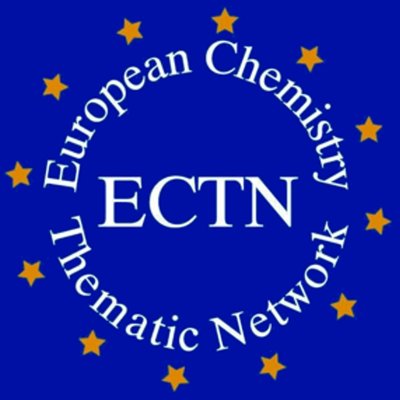Master's Degree in Chemical Science and Technology
Academic year 2025-26
If you started before the 2025-26 academic year, please see the corresponding version or the curriculum adaptation process.
| Area of Knowledge | Science |
|---|---|
| Field of Knowledge | Chemistry |
| Credits | 60 |
| Spots for new students |
20 |
| Teaching method | On-site |
| Campus | Mallorca |
| Language |
Catalan, Spanish, English (See subjects for more details)
|
| Academic Calendar for the Centre | See the calendar |
| Academic Coordination | Dra. María del Carmen Rotger Pons |
| Additional information | http://dqu.uib.cat/ |
| Double Degree | Double degree |
| Fees | Public price per credit, 1st registration 29,22¤ Total cost: 1.794,39 ¤ (*)(**) |
(*) Price applicable to citizens of member states of the European Union and Spanish
residents.
In all other cases, a 30% increase is applied
( more information about proof of residency ).
The cost column is solely illustrative, because both taxes or discounts can apply
(**)
Additional information about price
Learning Goals
The Master's Degree in Chemical Science and Technology aims to train specialists and future professionals in this field. In particular, it offers students advanced training enabling them to:
- Apply the skills acquired on the programme to the chemical, biological, food, environmental and material science sectors in different settings (research sectors, public management and corporations)
- Use their skills in multidisciplinary settings.
The learning goals for the chemical biology specialisation are:
- Training specialists to apply their skills and use different experimental and computational techniques in the fields of biomolecules, biotechnology, pharmaceuticals and medicine
- Providing students with the necessary skills to apply computational methods to analyses of macromolecule dynamic and structural properties.
The learning goals for the organic chemistry specialisation are:
- Training specialists to apply their skills and use different experimental and computational techniques to analysing and solving relevant biological or pharmaceutical problems, synthesising organic compounds and developing new materials
- Providing students with the necessary skills to assess and predict the behaviour of natural products and their biotransformation, biomaterials and supramolecular systems, as well as link their specific properties to more general physical and chemical concepts.
The learning goals for the materials chemistry specialisation are:
- Training specialists to design, synthesise and characterise materials
- Providing students with the necessary skills to assess and predict the behaviour of different materials and understand their potential for both classical applications and within the field of high-tech materials.
The learning goals for the food chemistry and technology specialisation are:
- Training specialists in food process improvement and intensification, and in applying instrumental analytical techniques to food quality control and analysis
- Providing students with the necessary skills to supply scientific and technological advice in the food and/or similar sectors.
The learning goals for the environmental chemistry and technology specialisation are:
- Training specialists to handle chemical analysis techniques applied to the environment and develop sustainable methodologies for assessing environmental problems
- Providing students with the necessary skills to become knowledge-transfer professionals with regard to designing, planning and developing monitoring systems for environmental surveillance and natural resource management.
Graduate Profile
The programme aims to train highly specialised future professionals in the most advanced fields of chemical science and technology, with a view to boosting their employability at universities, research centres and companies in the industrial, health and services sectors. The programme will cover aspects linked to production and analysis, as well as research, development and innovation (R&D&i).
The current programme is the latest incarnation of the original master's degree which ran continuously from 2006 to 2014, and formed the training basis for the PhD Programme in Chemical Science and Technology. The PhD was awarded a quality mention by the Spanish Ministry of Education (MCD2007-00572) and the ‘Mention Towards Excellence' from the Spanish government (REF MEE2011-0104).
The European Chemistry Thematic Association, Spain's National Agency for Quality Assessment and Accreditation (ANECA) and the Spanish Royal Society of Chemistry have recognised the quality of master's programmes in chemistry through the Eurolabel international seal. Eurolabel ensures degree programmes fulfil the required criteria in terms of quality and rigour to train internationally competitive professionals, and provides employers with the assurance that graduates are trained to the highest standards. In turn, the seal stands as an endorsement for students not only with regard to the exceptional quality of the programme, but also as an important factor in bolstering graduate employability.
The programme is run in collaboration with:


Shortcuts to ...
- General and UIB-specific regulations for master's programmes and rules of procedure
- Conditions for remaining at the university
- Mobility and exchange programmes (International Relations Office)
- Students with functional diversity (Support for People with Special Needs Office)
- High-quality official study